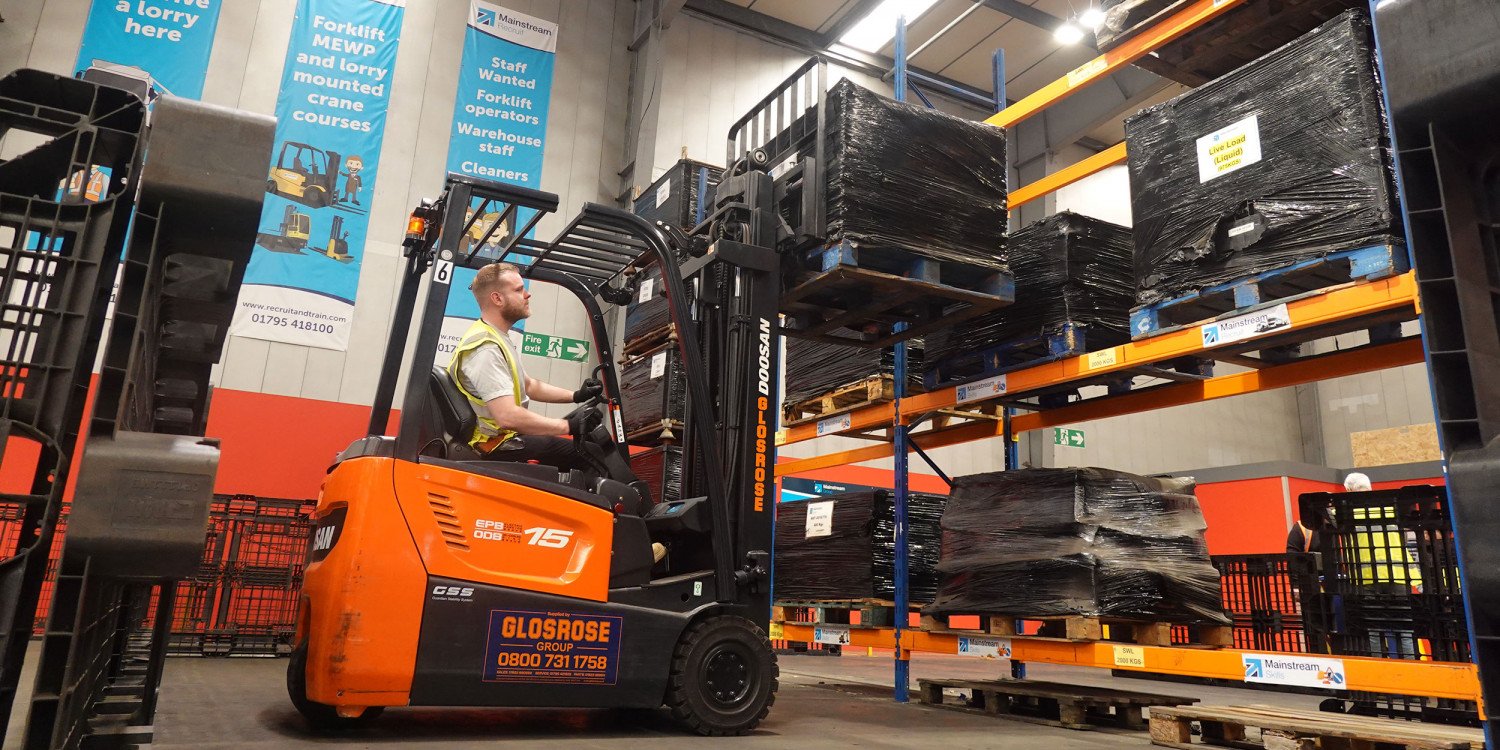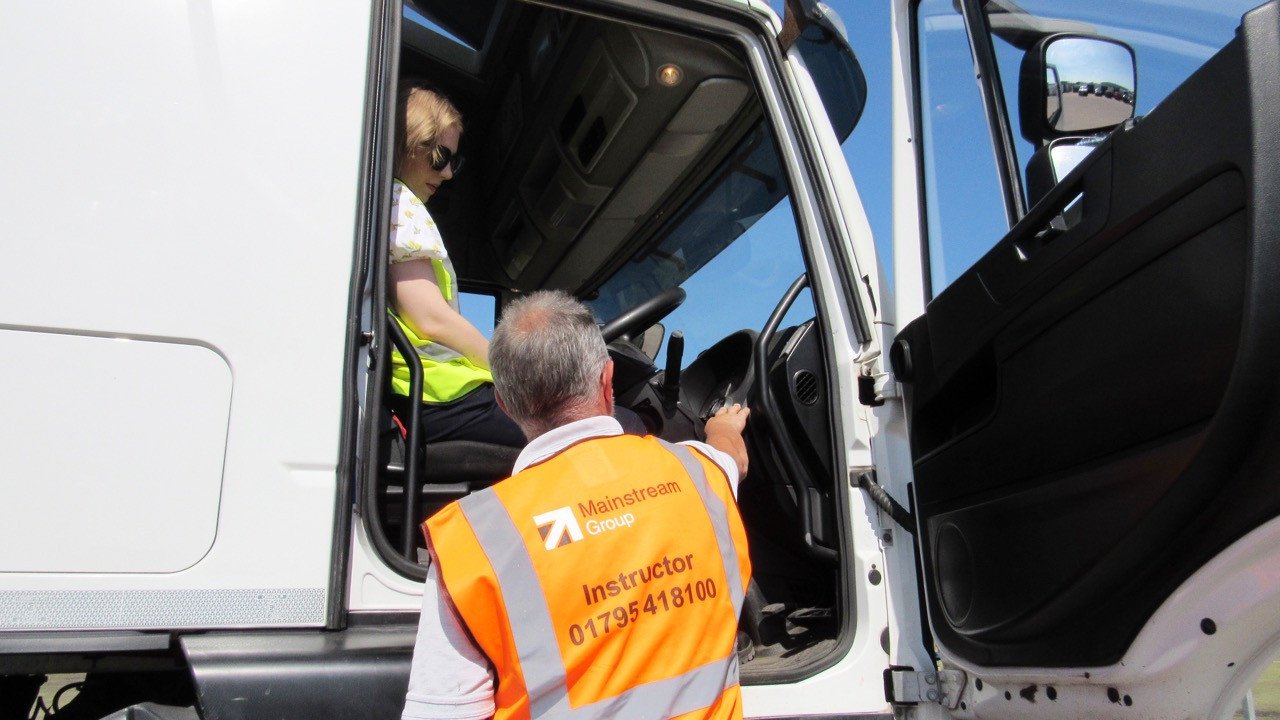
Forklift operation isn’t just about moving pallets — it’s about precision, safety, and awareness. By avoiding these common mistakes, operators protect themselves, their co-workers and the company.
Forklifts are powerful tools — but they can also be dangerous when used improperly. Whether you’re a new operator or a seasoned pro, avoiding these common mistakes is crucial for safety, efficiency, and equipment care.
Do you need forklift training or refresher courses for your employees? Contact us to find out how we can help your team stay certified, compliant, and confident.
- Skipping Pre-Operational Checks
Daily checks are a legal and safety requirement. Ignoring them means issues like faulty brakes, worn tyres, or leaking hydraulics can go unnoticed — leading to serious mechanical failures or unsafe conditions.
To avoid this from happening;
- Use a forklift pre-use checklist at the start of every shift.
- Report defects immediately and don’t use the truck until it’s repaired.
- Ensure operators are trained to spot both minor and major issues
- Overloading the Forklift
Every forklift has a rated capacity, this can usually be found on the data plate of the forklift. Overloading can make the truck unstable, leading to tip-overs or dropped loads that can injure workers or damage stock and racking.
How to avoid it:
- Always check the data plate for the truck’s load capacity.
- Know how load centres affect safe lifting capacity.
- Use weigh scales or confirm weight before lifting heavy loads
- Poor Load Handling
Loads that are unbalanced, tilted or not secure can shift or fall mid-transport. This puts workers at risk and caused avoidable damage to goods or equipment.
To make sure this doesn’t happen keep the forks spaced correctly and centred under the load, tilt the mast backwards slightly when lifting to secure the load and NEVER lift loads that are already leaning, unstable or on broken pallets before loading.
- Speeding in the Warehouse
Forklifts should always be driven at a responsible speed when in use. The unstable nature of a forklift especially with a heavy load means it could easily tip over if driven too fast. Speeding also reduces your ability to react to obstacles, pedestrians or sudden turns.
We know it sometimes can be tempting to speed to get the job done quicker or being under pressure to reach a deadline, but safety should always be prioritized.
- Turning with an Elevated Load
Forklifts are more likely to tip when turning with a raised load due to the high centre of gravity. It’s a leading cause of forklift overturns. To avoid this from happening you should always lower the load as close to the floor as possible before moving, avoid sudden direction changes and know your machine’s centre of gravity and stability triangle.
- Ignoring Blind Spots or Pedestrian Zones
Overlooking blind spots is a common error made by forklift operators. These blind spots particularly around the rear and sides of the forklift can lead to collisions with obstacles, pedestrians or other equipment.
To make sure that nobody is in harm’s way drivers must use their mirrors, horn signals and if available assistive technologies.
- Not Wearing a Seatbelt
In a tip-over situation, the seatbelt keeps the operator inside the cab where they are the safest. Not wearing one could result in the driver being ejected or crushed by the truck.
- Improper Parking
Leaving the forklift with forks raised or on a slope can lead to rollaway accidents.
How to avoid: Always park on a flat surface, lower the forks, set the brake, and turn off the engine.
- Lack of Communication with Other Workers
Forklifts are not only dangerous for operators, but to nearby pedestrian workers too. One of the most common forklift accidents is a pedestrian being struck by a moving vehicle. To make sure this doesn’t happen, it is important to maintain good communication with those working around you.
Forklifts have lots of blind spots so it is important for other workers to be aware that their presence might not be clear for the driver. You should also follow set walkways and working zones.
- Operating Without Proper Training or Certification
Operating a forklift without formal training is not only illegal in the UK — it’s also extremely dangerous. Untrained drivers are more likely to make all the mistakes on this list.
To avoid this from happening: Ensure all staff have up-to-date forklift training and refreshers.






